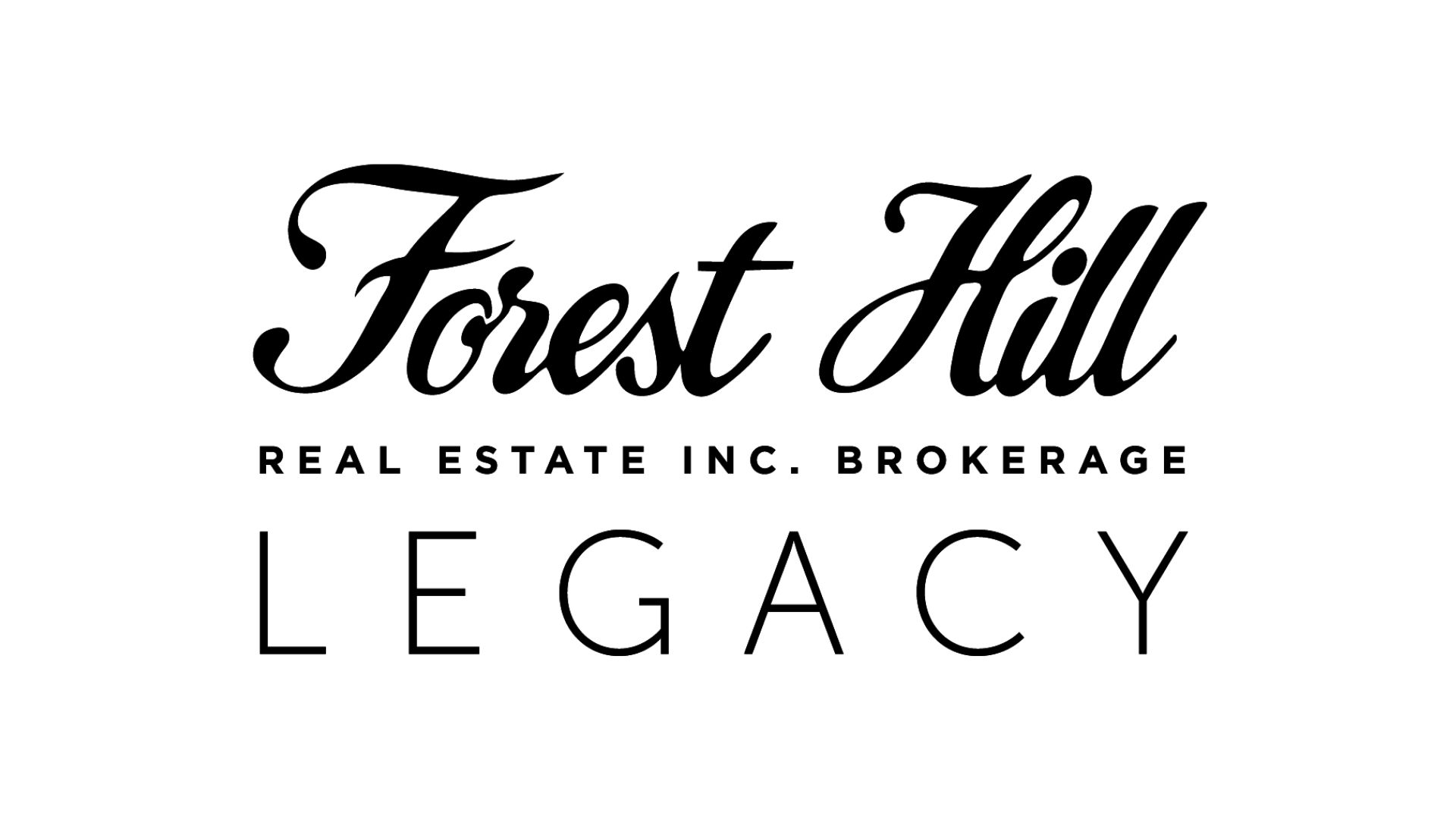
Image by: unsplash
The Canadian housing market faces a significant risk of collapse, according to expert Phillip Colmar, who serves as a partner at MRB Partners. Colmar highlights the substantial debt burden carried by Canadians in relation to their incomes, leaving many individuals vulnerable should mortgage rates continue to increase. He predicts that Canada might be experiencing one of the largest housing bubbles in history due to approximately two decades of easy monetary policy from the Bank of Canada. The current situation raises concerns as mortgage rates could rise alongside escalating Canadian bond yields, especially as debt-to-income ratios have surged. Colmar emphasizes that the presence of a credit bubble beneath the housing bubble exacerbates the risks, with high levels of Canadian leverage relative to income, and a notable uptick in debt servicing costs. While Canadian banks are attempting to stabilize the housing market, Colmar believes that an eventual collapse is likely, particularly if mortgage rates climb, unemployment rises, or a recession occurs.
In an interview with BNN Bloomberg, Phillip Colmar, a Global Strategist at MRB Partners, warns that Canada's housing market is teetering on the brink of a substantial crisis. Colmar points out that the housing bubble's foundation is the excessive debt Canadians have taken on compared to their incomes. This leaves many individuals in a precarious position, especially if mortgage rates continue to rise, which he deems likely. Colmar attributes the inflated home prices to the Bank of Canada's prolonged easy monetary policy spanning two decades. He identifies a key risk in the potential upward movement of mortgage rates, driven by the rise in Canadian bond yields. This concern is magnified by the already high debt-to-income ratios prevalent in the country. Colmar underscores the critical role of the credit bubble underlying the housing bubble, highlighting the substantial Canadian leverage relative to income, and the marked increase in debt servicing costs. Despite efforts by Canadian banks to prevent a market collapse, Colmar envisions an eventual downturn, particularly if mortgage rates surge, unemployment increases, or an economic recession unfolds.
Read the full article on: BNN Bloomberg
